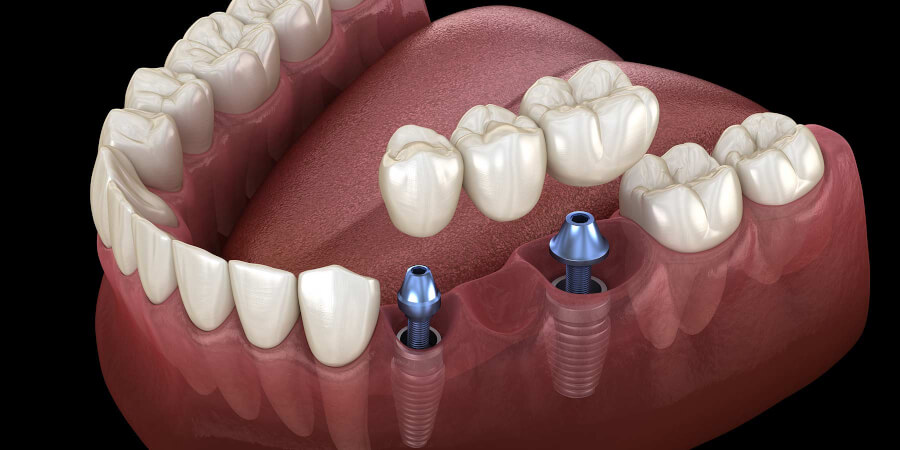Safe and healthy communities are the backbone of any society. But how do we make communities healthy? While doctors and nurses deal with hospital patients, public health officials keep communities safe. During the COVID-19 pandemic, public health professionals went out into the communities to spread awareness about the importance of handwashing, masking up, and social distancing while doctors dealt with COVID-19 patients.
Do you know what public health professionals do when they do not have a major outbreak to deal with? They work to keep our communities safe in different ways. Read on to understand the different responsibilities of public health professionals and how important they are in keeping us healthy.
Public Health Professionals vs. Doctors
Very few people understand the difference in the responsibilities of doctors and public health professionals. While they both work to improve our health, there is a considerable difference in the job responsibilities. The most crucial difference is that doctors and nurses work with diseased patients in hospitals, while public health individuals work with entire communities. While a doctor will help you get better after a COVID-19 infection, a public health professional will work to prevent such diseases in your community.
While both fields come under health sciences, becoming a public health professional differs from becoming a doctor. You must attend medical school and get an MD to become a doctor. However, you will need a relevant bachelor’s degree and a bachelor’s or master’s in public health (MPH) to become a public health professional. However, even if you are a practicing nurse or an MBBS degree holder, you can still consider enrolling in doctor of public health online programs and open more career opportunities besides working at a hospital or medical facility.
The Role Of Public Health Professionals
Public health professionals keep communities safe. They do this by undertaking several responsibilities, which include:
1.Raising Awareness
Public health professionals raise awareness about maintaining optimum health and preventing diseases. They understand the prevalent health problems in a community and make people aware of how to tackle them. For example, if a place has a dengue virus epidemic, a public health professional will inform and encourage the community to get rid of stagnant water or use anti-mosquito sprays. Public health individuals protect communities and prevent epidemics from becoming widespread by communicating these preventative measures to the people. This way, they also help the doctors by reducing the hospital workload.
Even when no disease outbreaks exist, public health professionals spread awareness about the correct hygiene practices and adequate nutrition.
2.Tracking Community Health
How do the governments know if there is a disease outbreak? The public health professionals report any outbreaks to the authorities. As public health professionals work closely with the communities, they notice if there is suddenly a high number of cases of people coming down with any disease. They collect this data and compare it with the trends. If the number of people getting the disease is higher than expected, they tell the authorities of the potential outbreak, allowing them to take immediate action.
Public health professionals also collect data about community health even when there is no outbreak. For example, they may regularly survey the community about chronic health problems, health hazards, and evolving health issues. They share this data with the authorities to make informed policy decisions.
3.Identifying the Cause of Health Problems
Public health professionals also investigate the root cause of health problems that a community faces. For example, if a public health professional notes that there have been several underweight babies in the community, they will try to find out why. There may be a nutritional deficiency in the community, or there may be a genetic predisposition. The professionals will try to get to the root of a health problem and then work to find workable solutions to prevent it from happening again.
In cases of outbreaks, public health professionals will try to determine the patient zero. They will do contact tracing of all infected people and try to find the first person who contracted the disease. Then, they will take their history and determine what caused the outbreak. If the source is an unhygienic food point, for instance, public health professionals will take relevant action against it so such incidents don’t arise.
4.Policymaking
Public health professionals don’t just track data; they also brainstorm policies that can protect communities better. For example, during the time of COVID-19, the CDC or Center for Disease Control and Prevention, which is the greatest public health organization in the US, tracked the spread of the virus and advised government officials accordingly. At the national and community level, remained in touch with government officials to make policies and track the spread of this virus. As a result, they also helped hospitals get ready for the numerous patients they had to cater to.
Hence, governments regularly engage public health professionals when legislating and making policies. The professionals provide the government with technical insight on any health problem and propose ways to lessen its harm. Without public health professionals, governments cannot make informed and scientifically sound policy decisions.
5.Research
Another job of public health professionals is to continuously engage in research. Public health research determines ways to protect their community best. Usually, public health individuals with advanced degrees participate in research, but professionals with minimum educational qualifications may also assist them.
Public health research looks a lot different from research in a lab. It is concerned with finding out the different reasons why a community may suffer from poor health. A typical public health research project can investigate how environmental factors like air pollution impact people’s health. They can also investigate how climate change aggravates health problems. The research topics of public health professionals will be closely related to their community’s health issues.
6.Health Service Delivery
Many communities don’t have access to health services. These communities are usually remote, rural, and less aware of health problems. It is the job of public health professionals to deliver health services to them. For example, they can conduct immunization drives to ensure every child gets vaccinated or provide direct primary care to the masses.
How do public health professionals bring about this change? They can’t do it alone, so they partner with local health NGOs or hospitals to build a sustainable health infrastructure in underserved communities. As a result, everyone, regardless of financial status or location, has greater access to health.
Conclusion
Imagine a society without public health professionals. You would have a world with rampant diseases and several health issues. Even if doctors exist in such a world, the overall community health would be pretty devastating.
Luckily, public health professionals prevent the worst. They closely monitor community health and investigate any unexpected health problems. Governments and policymakers rely on them to ensure that any policies they enact to protect everyone’s health are effective.







